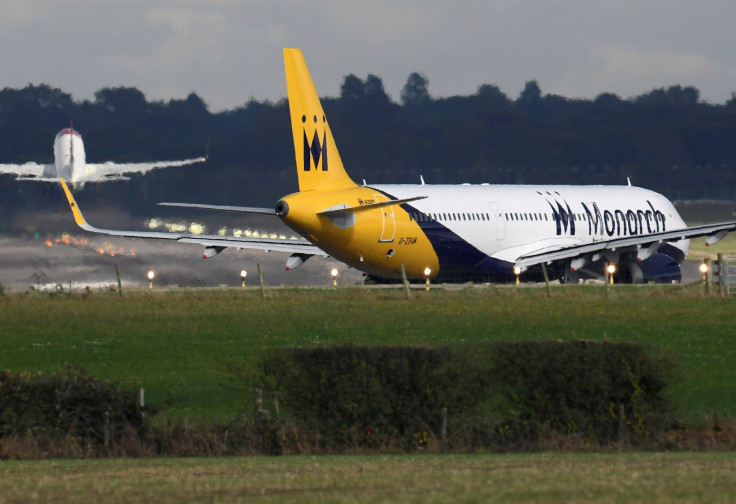Monarch Airlines collapse should only hit UK airports in short-term
Long-term impact on airports could be modestly positive if they are able to fill vacated landing slots with more lucrative long-haul flights.
The failure of Monarch Airlines will dent revenue at such airports as Gatwick and Manchester in the short-term, but their credit profiles are unlikely to be weakened as other airlines should take up capacity quickly, according to Fitch Ratings.
In a note to its clients, the ratings agency opined that the long-term impact on airports could be modestly positive if they are able to fill vacated landing slots with more lucrative long-haul flights.
"The impact of an airline's failure depends largely on the intrinsic strength of the airport, including the type of traffic, size of the catchment area, level of competition with other airports and the number of other carriers operating there."
In the case of Monarch, the key Fitch-rated airports for the carrier were Gatwick and Manchester.
These airports are primarily origination and destination (O&D) airports that rely on demand related to their catchment area, rather than hub airports. Higher O&D traffic usually results in significant services from multiple airlines, provides a strong indication of future demand and indicates a higher likelihood that replacement services will be introduced if an individual carrier fails.
"Experience from previous airline failures supports this view and shows that an O&D airport's landing slots can generally be quickly refilled after an airline bankruptcy. Hub airports, on the other hand, are competing with other hub facilities for connecting flights and any business lost due to an airline failure could end up being lost permanently."
For Manchester Airport Group (MAG), Monarch accounted for around 1.4 million of its 55.9 million total passengers in the 12 months to end-March 2017. MAG anticipates that all of this will be backfilled in in 2019 as the Monarch slots and routes have excess demand and can be covered by other airlines.
Monarch's winter capacity was significantly lower than its summer capacity and was largely on routes with direct competition. This means other airlines should be able to pick up part of the demand even before Monarch's slots are filled, further reducing any near-term impact on the airport.
Monarch also accounted for about 1.6 million passengers a year at Gatwick. Based on the 44 million passengers that passed through the airport in the 12 months to end-March 2017, Fitch estimates that it may have contributed about 3.5% of Gatwick's £381m in revenue.

"In addition, most of this revenue is generated over the summer, limiting any impact if landing slots can be refilled. Most of the slots are at peak times and, since Gatwick is capacity-constrained at peak times and during the summer period, we expect there to be significant demand for them from other airlines," the agency noted.
Media reports suggest a potential bidding war between EasyJet and British Airways for the Gatwick slots that have been put up for sale by Monarch's administrator, but it is unclear whether the sale will go ahead, or whether the slots will revert to a pool for reallocation by the airports.
"For Gatwick, the sale or reallocation of slots to a long-haul operator would probably be positive for revenues in the medium to long term as long as there is sufficient passenger demand. This is because aeronautical revenue is driven largely by passenger numbers and long-haul flights tend to operate larger aircraft," Fitch concluded.





















